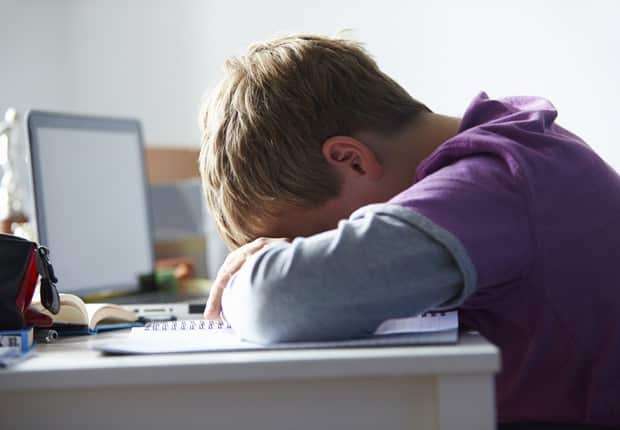The increase in hate speech on the internet became an issue again after the numbers grew during the pandemic.
Hate speech on the internet is nothing new. On the other hand, numbers have increased by 20% in the United Kingdom and the United States since the start of the pandemic. The research result is the result of a survey of 263 million conversations in both countries between 2019 and mid-2021. According to the study, the increase in hate speech on the internet involves discussions about racism that contained racist speech; around 50.1 million conversations had this topic as their topic.
The more time people spend at home, the more hate speech on the internet increases. According to research, people who bully and engage in this type of “troll” behavior online have a high chance of having poor mental health. Likewise, they deal with trauma and live in an atmosphere of abuse. In other words: most of the time, those who practice bullying are also targets of it. Boredom and the feeling of not having control over your life creates the perfect atmosphere for online abuse, as well as having time to spare.
Phoebe Jameson, 19, told Newsbeat in February 2021 that she faced online attacks for most of 2020. According to the young woman, it all started when she started posting body positive photos on social media. One of her photos on International Women’s Day generated an avalanche of abuse, as well as hundreds of comments about her appearance. According to her, not a whole week went by without her suffering some type of online abuse from July onwards.
Increased hate speech on the internet is normalized

This type of issue is not a recent topic. Society is believed to normalize this behavior, and that is a large part of the problem. The British institution Ditch the Label, aimed at combating bullying, is involved in a government bill for online safety. The law would oblige social networks to protect their users, something that would be one of the first steps in the right direction, according to the institution’s director, Liam Hackett.
Hackett also calls for more education for young people, and early. This increases understanding of the impact of bullying, as well as the dangers of online radicalization. This type of event is common on smaller, more obscure internet forums than on platforms like Twitter and Instagram.
Big events generate big repercussions

According to the study, the increase in online hate speech spikes during high-profile events. Among these events, it is possible to mention the March 2020 announcement by the WHO making the Covid-19 outbreak official. Or for example the Black Lives Matter protests in June, also in 2020, in the United States. The case of the disappearance and murder of British Sarah Everard also generated great discussions.
In statistics, Liam Hackett’s institution was inundated by extreme incidents, with large incidents of hate speech and online attacks. Some examples even include death threats and stalking by groups.

Sign up for our newsletter and stay up to date with exclusive news
that can transform your routine!
Warning: Undefined array key "title" in /home/storelat/public_html/wp-content/plugins/link-whisper-premium/templates/frontend/related-posts.php on line 12
Warning: Undefined array key "title_tag" in /home/storelat/public_html/wp-content/plugins/link-whisper-premium/templates/frontend/related-posts.php on line 13




